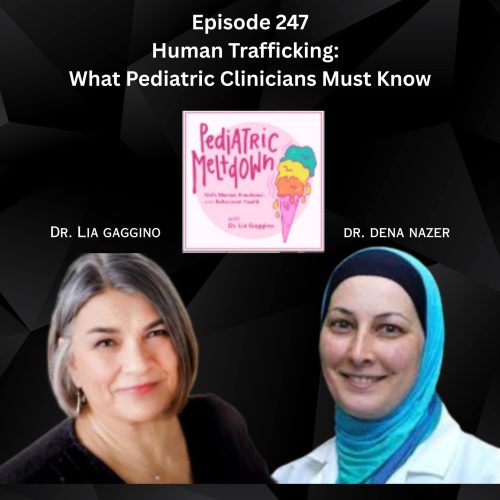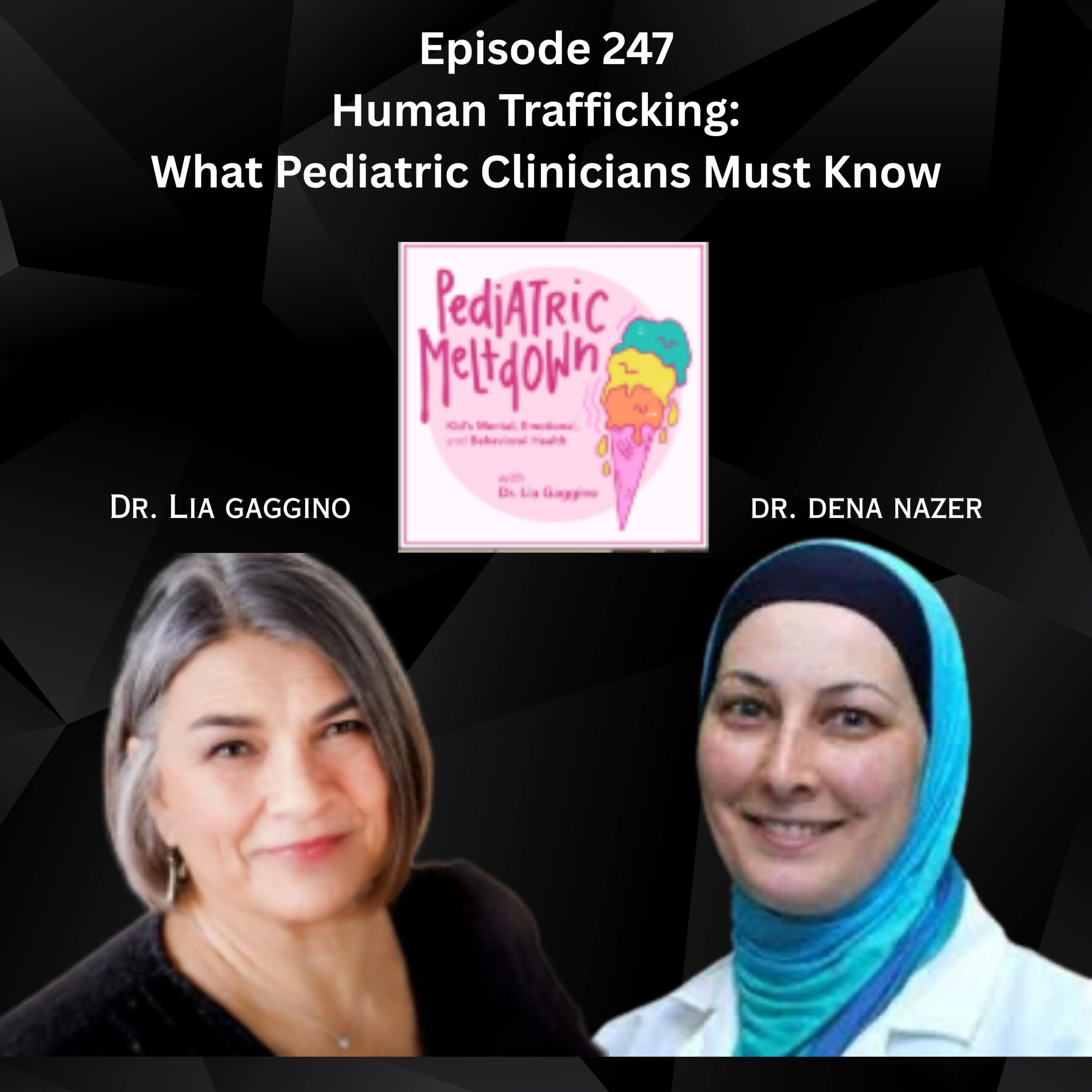On this episode of Pediatric Meltdown, I welcome Dr. Chris Barnes, Chief Executive Officer at Kalamazoo Counseling and Assessment Center. We discuss psychological assessment reports and why we should still read and understand them. Dr. Barnes also shared some tips to write these reports in an engaging manner and in a language that the target readers can understand.
This is because psychological reports are often too long and use language most can’t comprehend. This leads Dr. Barnes to an ever-flowing state of creativity and translates this into his clinical work through refining clinical assessment documents and leveraging technology to meet the needs of providers and other stakeholders. Chris’s hope is to increase the efficiency of clinical communication without sacrificing clinical care.
Dr. Barnes is a licensed clinical psychologist whose clinical work is focused on integrative clinical assessment. As an assessment psychologist, he is passionate about effective communication and customer service. He will join us today to talk about psychological assessment reports and why medical practitioners should still make an effort to understand them.
[00:01] Dr. Chris Barnes Shares His Story with Us
- Why Dr. Barnes wanted to be a clinical psychologist
- Science and human interactions in one
- What revealed Dr. Barnes’ “inner nerd?”
- Dr. Barnes makes a difference among social work, counseling psychology, clinical psychology, and assessment psychology
- The thing is that they should not be lumped together
[07:10] The Right Assessment to Determine the Patient’s True Situation
- Dr. Barnes shares his thoughts about pediatricians partnering with psychologists when assessing patients
- Specificity and sensitivity in utilizing measures
- We talk about the key differences between screening tools and diagnostic tools
- You should consider psychological assessments if the situation meets these criteria
- The right assessment should be administered to fully determine the situation and think of a plan for the patient
- Why feedback is important
[17:34] A Readable and Engaging Psychological Assessment Report
- Communicating the results of a psychological assessment report
- Many of us are actually over-documenting and here’s Dr. Barnes’ advice to break this habit
- It’s about identifying the target audience groups of the report
- How to spot a good psychological report
- Diagnosing learning disabilities
- The challenges of school systems not following the recommendations of a psychological report
[32:53] The Right Way to Refer Someone for an Assessment
- Dr. Barnes talks about the metaphor he often uses for his patients
- The two common reasons for holding an Individualized Education Program meeting as discussed by Dr. Barnes
- Why we should keep our colleagues close to us according to Dr. Barnes
- A better understanding among kids about why they will be diagnosed with a treatment plan is crucial
- If you’re referring someone for an assessment, here’s what you need to do
[47:19] Closing Segment
- Dr. Barnes shares some points to consider when referring a patient to someone like him
- Is writing assessment reports boring?
- Dr. Barnes weighs in
- Final Takeaways:
- Referral to a therapist or psychologist can mean several things.
- A psychological assessment helps to clarify diagnoses using evidence-based diagnostic tools that have sensitivity and specificity.
- The assessment includes parent and patient interviews, and forming a hypothesis, choosing tools, both a standard battery of tools and then adding on additional tools that might be more helpful to really hone down the diagnosis.
- What looks like ADHD maybe something else and a psychologist can help sort this out.
- The reports can be long because they serve many, including parents and patients, schools, primary care, and sometimes even the courts.
- A caution: If you’re concerned about autism spectrum disorders, typical psych assessments don’t cover these diagnoses and may require specialty evaluation
- Collaboration among the psychologist, the primary care provider, and the school would be ideal to best serve the child.
- The best advice when you make a referral for psychological testing
Tweetable Quotes:
“I think deep down, we all have the best interest of our clients, of our patients, of the children, of the families, and our best interest, but there’s always systemic, logistical concerns that just complicate this so incredibly.” – Dr. Chris Barnes
“We’re data junkies. The more information we get, the better. We get to refine our understanding of the person way better with more information.” – Dr. Chris Barnes
Email drbarnes@kalamazooadhd.com to connect with Dr. Barnes or connect with him on LinkedIn. Check out https://www.kalamazoopsychologist.com/ to learn more about his work.
Resources Mentioned:
- Scoring Instructions for NICHQ Vanderbilt Assessment Scales
- Kalamazoo ADHD Consultants
- Adult Autism Subthreshold Spectrum
- Autism Diagnostic Interview-Revised
If you’d like to connect with me, you can find me at LinkedIn, Facebook, and Twitter or email me at gagginol@yahoo.com. To learn more about me visit https://www.medicalbhs.com/
LOVE WHAT YOU HEARD? Leave us a 5-star review so we can continue to provide you with great content. Share this episode and help people know more about children’s health and well-being.








